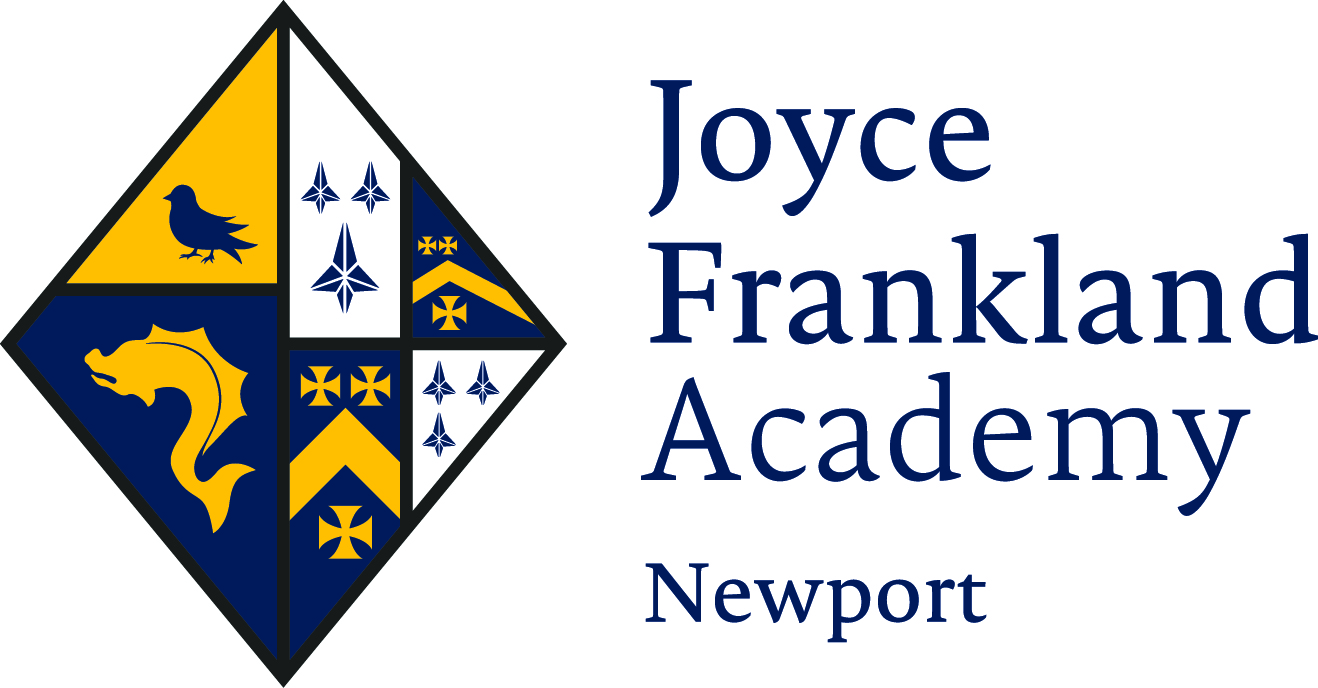Inclusion and Pastoral Support
JOYCE FRANKLAND ACADEMY, NEWPORT IS AN INCLUSIVE SCHOOL, THAT CATERS FOR A RANGE OF INDIVIDUAL NEEDS.
The Assistant Principal for pastoral and safeguarding oversees the inclusion team, who provide support for pupils and teachers within lessons as well as extra provision to enable highly individualised timetables.
Structure and roles
The inclusion manager leads a team of people who oversee the wellbeing and inclusion of pupils in each year group. The student support officers are responsible for ensuring that pupils are supported to overcome the barriers that they often find in their education.
The Hive
The Hive includes a suite of rooms for small group learning and support, during lessons and break and lunch times. ICT resources include computers and laptops, with various literacy and numeracy programmes and interactive whiteboards. There is a wealth of schemes, games and equipment to support pupils with a range of inclusion needs.
Alternative Provision
At Joyce Frankland Academy, we are committed to meeting the needs of every child. We work closely with the Local Authority to provide a suitable curriculum for those few pupils who are unable to access a mainstream education. The pupils are supported by a tailored IAEP programme with regular meetings and reviews.
Pastoral Care
We take care to make sure that individual pupils and families have positive relationships with staff. Form tutors in each year group work as a team led by a Head of Year and an Assistant Head of Year, who are responsible to a member of the Academy Leadership Team (ALT). These members of staff have overview for the well being of all pupils: their attendance, behaviour and progress. As a result they form close links with parents/carers. When necessary, Heads and Assistant Heads of Year work closely with outside agencies, such as the Local Authority and the Educational Psychologist.
The pastoral support officers are experienced, full time members of staff who support pupils in a variety of ways: Transition; work experience placements; transport issues; organisation; anxieties or just a trusted adult to speak to, helping them get back on track.
On occasion pupils may need more targeted support – we an in-school mentor who delivers evidence based interventions and builds a positive relationship with the pupils and their family.
We also employ two counsellors from YCT who work in school twice a week. When more intensive support is needed, referrals can be made for individual counselling sessions or to CAMHS.
Safeguarding
We are committed to providing a safe and welcoming environment where children are respected and valued.
Parents/carers should know that the law requires all academy staff to pass on information which gives rise to a concern about a child’s welfare, including risk from neglect, physical, emotional or sexual abuse. The staff will seek to discuss any concerns with the parent/carer, and routinely inform them of any referrals to outside agencies. In exceptional circumstances, a referral may be made without the knowledge of the parent/carer, for example, where such discussion would put the child at increased risk of significant harm.
In accordance with local information sharing protocols, we will ensure that information is shared securely and sensitively. Information will only be shared with other services where it is deemed necessary and proportionate to ensure that children and young people are safe and receive the right service.
The academy will seek advice from Social Care when they have reasonable cause to suspect a child may be suffering or likely to suffer significant harm. Occasionally, concerns are passed on which are later shown to be unfounded. Parents/carers will appreciate that the member of staff in the academy with responsibility for child protection (known as the Designated Safeguarding Lead) is carrying out their responsibilities in accordance with the law and acting in the best interests of all children.
Sex and Relationships Education (SRE)
Sex and Relationships Education (SRE) is provided in accordance with the policy agreed by the governors. It is taught throughout the academy as part of the PSHE curriculum. The aim is to encourage pupils to become well-informed young adults who are sensitive to others and take responsibility for their own lives.
